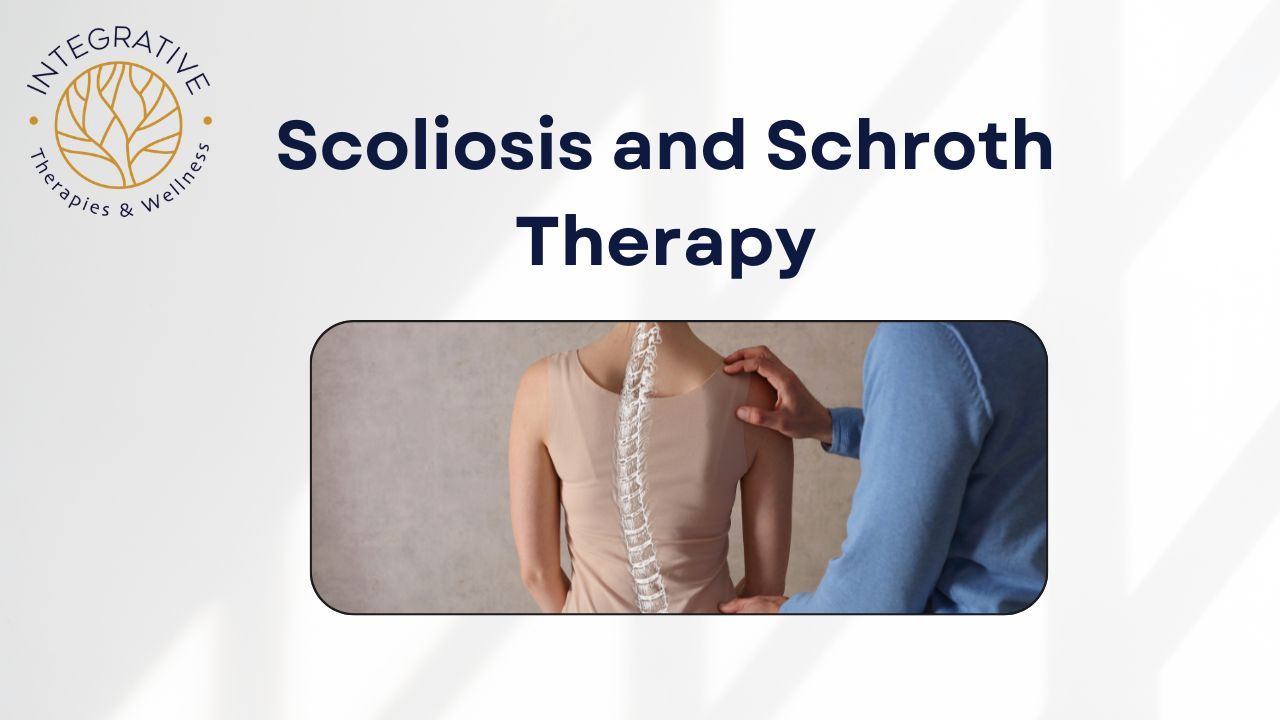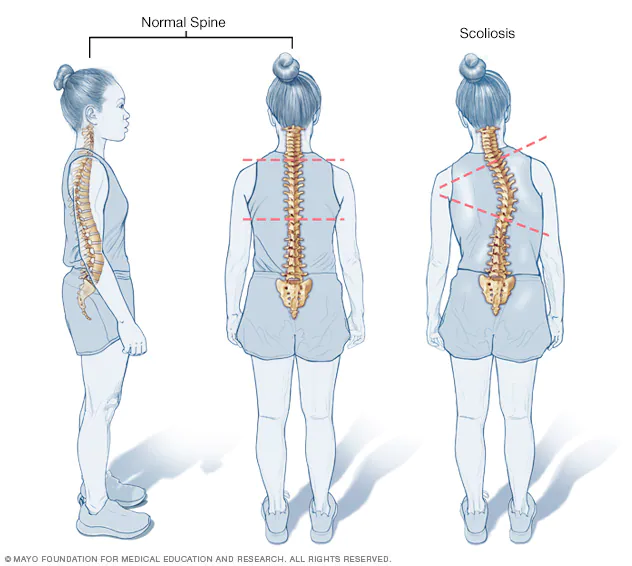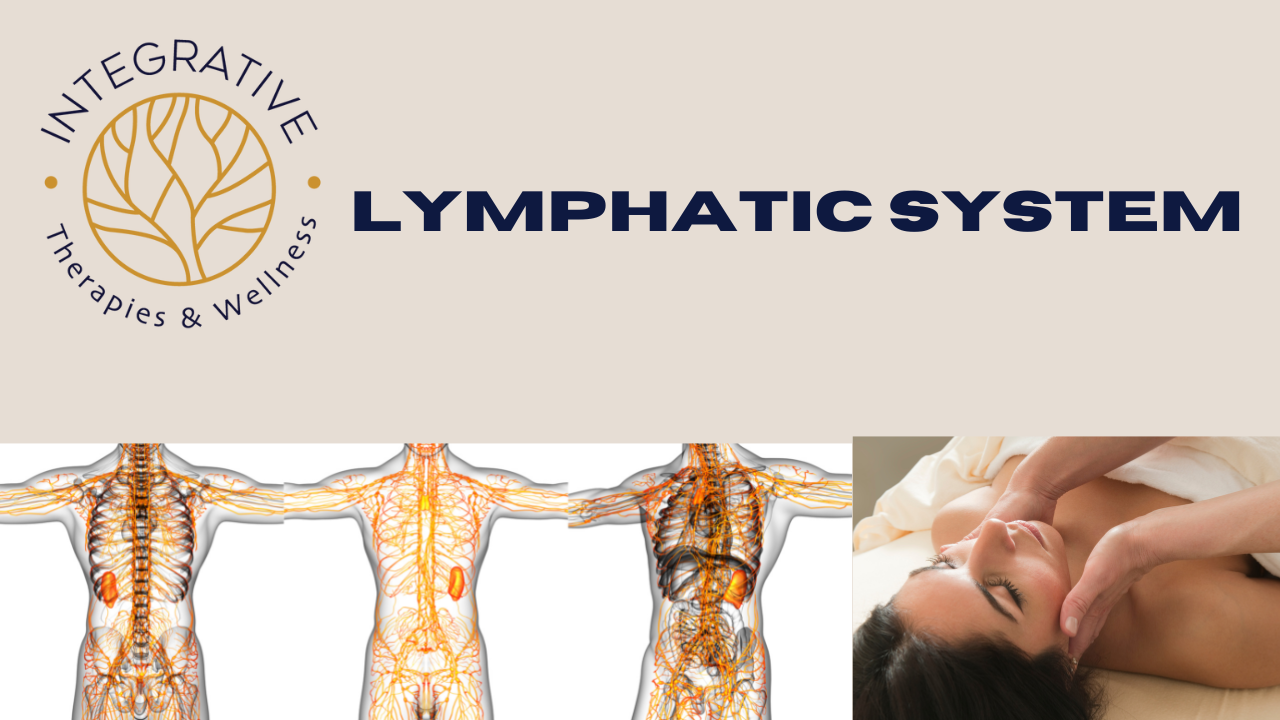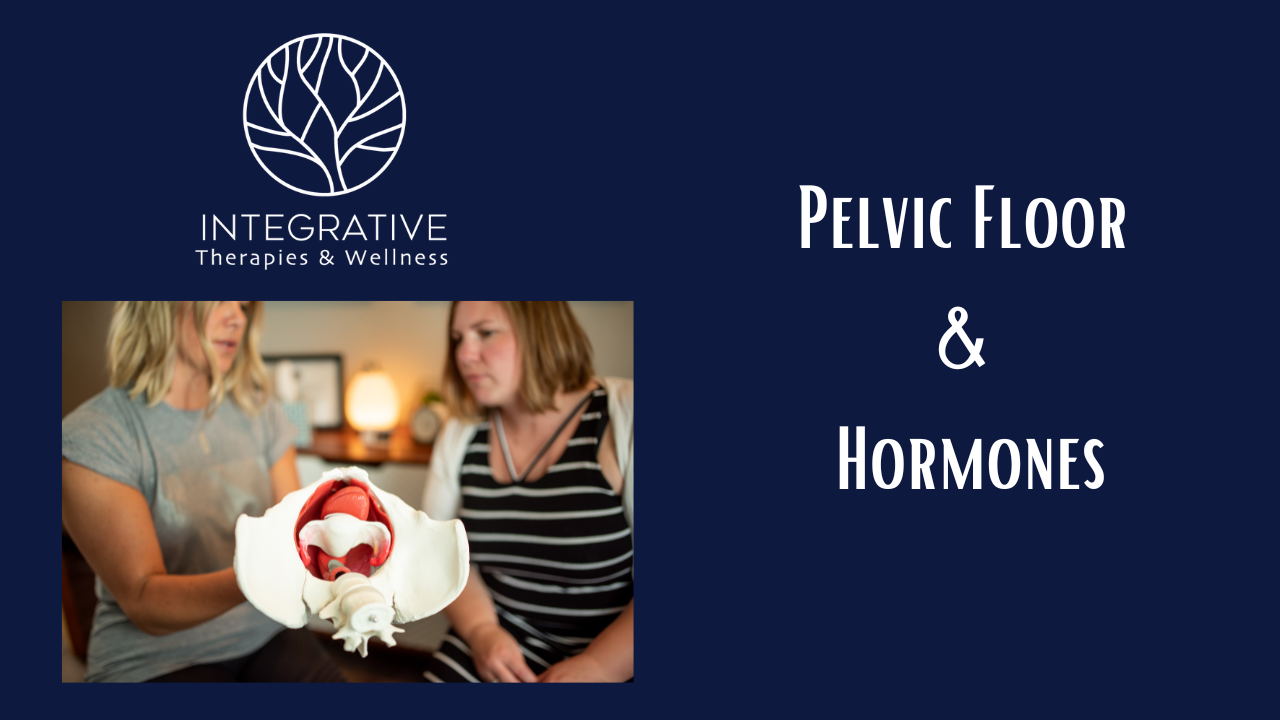Blog
Natural ways to combat Seasonal Affective Disorder

Natural Ways to Combat Seasonal Depression
As the seasons change, many people experience a shift in mood, energy levels, and overall well-being. Seasonal Affective Disorder (SAD), commonly known as seasonal depression, is a type of depression that typically occurs in the colder months when daylight hours are shorter. While this condition can be challenging, there are several natural ways to alleviate symptoms and improve mental health.
1. Maximize Sunlight Exposure
One of the main causes of SAD is a lack of sunlight, which affects serotonin levels and disrupts our internal clock. Spending time outdoors, even on cloudy days, can help boost mood. Aim for at least 20–30 minutes of natural sunlight exposure daily. If getting outside is difficult, consider using a light therapy box, which mimics natural sunlight and helps regulate mood.
2. Exercise Regularly
Physical activity is a powerful mood booster. Exercise releases endorphins, which promote feelings of happiness...
Natural Stress Reduction: Simple and Effective Techniques

Natural Stress Reduction: Simple and Effective Techniques
Stress is a natural part of life, but chronic stress can take a toll on our physical and mental well-being. Fortunately, there are natural ways to manage stress effectively without relying on medication. Here are some simple, evidenced-based techniques to help you find calm and balance in your daily life.
- Practice Deep Breathing
One of the easiest and most effective ways to reduce stress is through deep breathing exercises. Techniques such as diaphragmatic breathing and box breathing can help calm the nervous system and lower stress hormones.
- Engage in Regular Physical Activity
Exercise is a powerful stress reliever. Activities like walking, yoga, and swimming release endorphins, which help improve mood and reduce anxiety. Even a short daily walk in nature can have profound effects on stress levels.
- Prioritize Sleep
Lack of sleep can exacerbate stress and make it more difficult to cope with daily challenges...
The Vagus Nerve and Hormones

April is Stress Awareness Month
Did you know that the vagus nerve plays a key role in the regulation of hormones like cortisol (stress hormone), insulin, sex and thyroid hormones?
You may hear more and more women talking about symptoms they are experiencing, which are often linked to changes in their hormones. We are seeing and hearing it often, on social media, in conversations with clients as well as in small talk with friends and family.
Women experience hormone fluctuations every month during their menstrual cycle. Women also experience changes that affect their normal monthly pattern, with the aging process, as we enter perimenopause and menopause and due to disruptions in the endocrine system. These hormonal changes can come with undesired symptoms and side effects. Our level of stress and the function of our hypothalamus-pituitary-adrenal axis, can significantly affect the degree of symptoms we experience daily and during the transition to perimenopause and menopause....
Motion is Lotion: Move your body daily

What promotes good joint and bone health, mental fortitude, strength, excellent circulation, coordination, increased cognitive and learning capabilities, reflex reactivity, immune function and an ability to concentrate better? Movement.
It sounds so simple and yet, it eludes many people as they assume that movement equals exercise and exercise is strenuous and perhaps even unpleasant. But our bodies are designed to move, and movement is critical for physical and mental well-being; even small amounts of movement daily can offset various ailments and improve health.
Without movement, the body deteriorates and becomes susceptible to illness and disease. Regular movement is more important than ever, due to increasingly sedentary lifestyles. Movement provides various health benefits beyond weight loss, including improvement of cardiopulmonary, musculoskeletal and organ health. In short, sitting isn’t very good for us more than in short stints. It is estimated that an average Ame...
Endometriosis and the Integrative Approach

Endometriosis and the Integrative Approach
By Erin Lindberg / Mar 26, 2023
While there is no known cure for endometriosis, conventional medicine is yet to find a way to ‘treat’ endometriosis; mainly focusing on temporary symptom relief through surgery/hysterectomy, hormone therapies/birth control pills or prescription painkillers. Each comes with their own undesirable side effects and risks, while simultaneously failing to address the root cause of the problem.
Shared later, is a more integrative approach to managing endometriosis in lieu of succumbing to the pharmaceutical and surgical push, which includes a more holistic approach aiming to reduce inflammation, enhance immune function, alleviate pain, balance hormones and support natural detoxification through diet, lifestyle changes, supplements and therapies.
Endometriosis Facts
- Endometriosis is estimated to affect one in ten women of reproductive age (15-50), which is approximately 176 million women &...
Mind Body Connection

In the quest for healing, many people are learning the meaning behind the idea of mind-body connection. Much of what has been discovered stems from ancient methodologies, medicine, and healing practices that the western world is opening up to gradually. These ancient teachings have been lost in our fast-paced society that tends to clamor for the new, shiny thing, but the practices echo what we already know; the knowledge lives in our own intuition.
The philosophy behind mind-body connection is actually very simple and it means that these two seemingly separate things are actually the same; they are interconnected, and one influences the other’s health and fortitude. What we do with our mind affects our body and vice versa. Our mind is present throughout our body.
All of our thoughts can manifest internally and externally, meaning that our mind has a direct link and effect on our health, both mentally and physically. Does this mean if you have a negative thought, you will get canc...
Scoliosis and Schroth Therapy

What is scoliosis? How do we treat scoliosis at Integrative Therapies and Wellness?
At some point in our lives, we have likely all heard the term “scoliosis”. Maybe you know someone who has been diagnosed with it. Maybe you remember going through a screening clinic in middle school or junior high where a school nurse or teacher had you bend forward to look for a curve in your spine or a rib prominence on your back. Scoliosis is often thought of as a disease of adolescence (which is typically when it is commonly diagnosed). However, individuals of all ages can present with scoliosis.
So, what is it? Typically, when a person thinks of scoliosis, their first thought is of the “s” curve.

In this illustration, the spine on the right is what we see one dimensionally in an individual with scoliosis. The spine of this young woman is curved to the right. But scoliosis is not a one-dimensional affliction. As you can see, our spine is made up of multiple small bones, called vertebr...
Activate your lymphatic system for improved health

Feeling the need to detox? You may have searched all the different methods to rid the body of toxins, but did you know that your body has its own system to eliminate toxins?
What is the Lymphatic System?
Your lymphatic system acts as a disposal system that works throughout your body to help flush toxins out of the body and keep blood and fluid levels in balance. The lymphatic system is a subsystem of the circulatory system, composed of lymphatic vessels, nodes, ducts, organs and tissues, responsible for ridding the body of toxins by transporting lymph throughout your body so the toxins don’t accumulate and cause disease. Lymph is a clear fluid highly concentrated with white blood cells, responsible for helping your body fight infection and disease. When lymph doesn't move, our cells, tissues and organs can’t effectively remove waste products.
Unlike the blood system, the lymph system has no pumping mechanism and relies on the intrinsic contractions of the smooth muscle cel...
Attitude of Gratitude

What does it mean to be truly grateful and how does the practice of expressing gratitude help our health? Gratitude is perhaps a bit different for each person, depending on their personality and communication style, however, the main idea is to be expressive of thankfulness for what you have, the people in your life, and also your mind and body.
When we can speak words of gratitude each day, whether out loud, through gifts or actions, or by writing our thoughts, we begin to ignite a powerful tool that infiltrates the world around us and our own health.
Resonating in positivity and gratitude calms the mind and this decreases stress. When we can do this, we remove potential threats to the body, as stress increases hormone levels, including cortisol, which can then lead to health issues; this includes weight gain.
As noted by Harvard Health (health.harvard.edu), “In positive psychology research, gratitude is strongly and consistently associated with greater happiness. Gratitude help...
Pelvic Floor and Hormones

The pelvic floor is an area of the body that cannot be ignored; its purpose is critical to overall health and living comfortably, yet it’s often misunderstood. Because of this, factors that are outside of the more common causes of pelvic floor issues, namely pregnancy, are overlooked, and one of these is hormone dysfunction.
With its main function being to cradle the bladder, bowels, and uterus or prostate, the pelvic floor is a complex blend of ligaments and muscles. When these are taxed or stretched, problems such as incontinence, inability to empty the bowels fully, leakage of urine or bowels, feeling the frequent urge to urinate, pain during intercourse, painful periods, ovulation pain, constipation, and other unpleasant issues may ensue. These are not only uncomfortable physically, but they also affect mental health as they can spark anxiety and depression due to the stress and fear around lack of control in bodily functions. However, understanding the role that hormones play in ...

